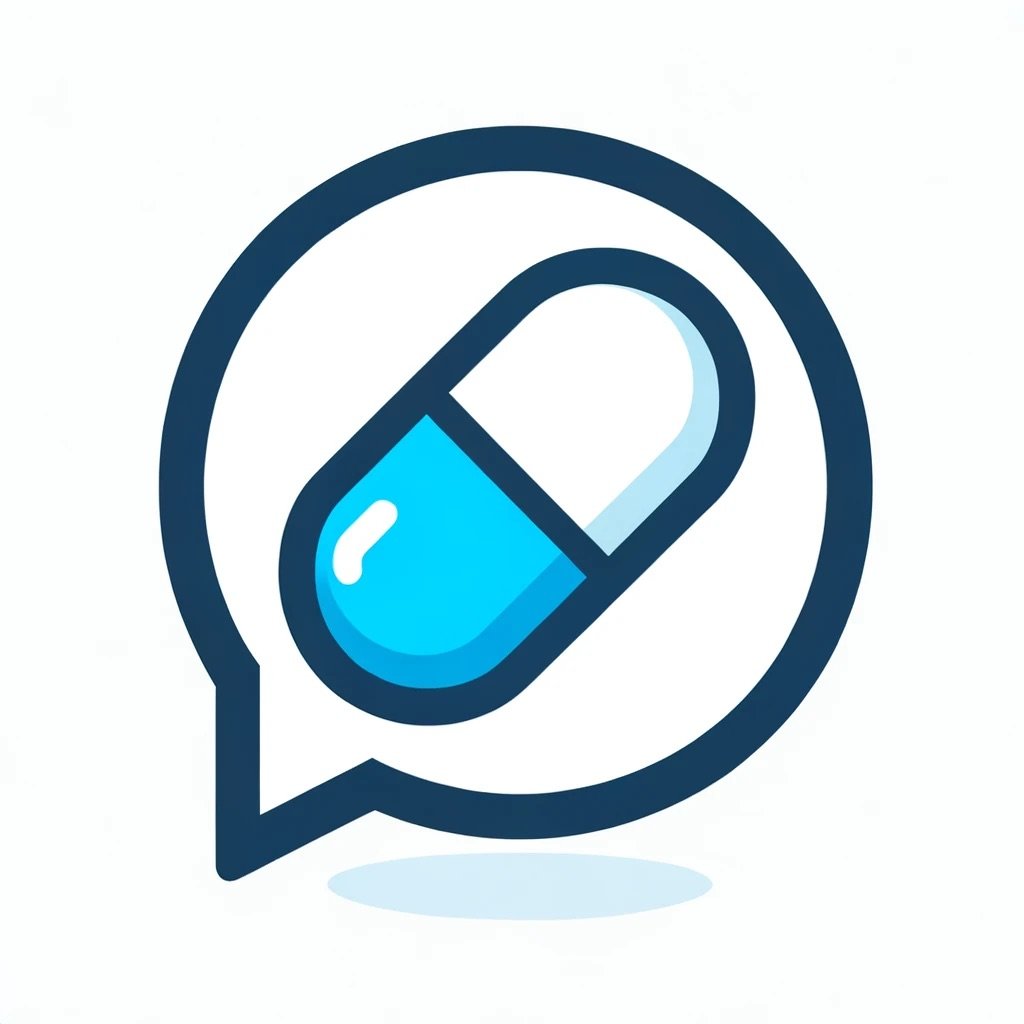Medical Education
-
Medical Schools & Residency Programs:
Allow students and residents to practice history taking, diagnosis, and management skills in a safe, adaptive environment.
-
Nursing & Allied Health Programs:
Convert case studies into conversation-based simulations, helping trainees master patient communication and care coordination.
-
Faculty Development & Curriculum Enhancement
Equip educators with tools to design, implement, and evaluate simulation-based curricula—leveraging real-time analytics to refine teaching methods and improve educational outcomes.
-
Interprofessional Education & Collaborative Learning
Enable learners from various health disciplines (medicine, nursing, pharmacy, etc.) to work together on complex patient cases, fostering teamwork and understanding of diverse clinical roles.
-
Specialty Training Modules
Develop advanced, specialty-specific simulation scenarios (e.g., emergency medicine, cardiology, pediatrics) to allow targeted practice of complex decision-making and specialized procedures.
-
Standardized Patient & OSCE Preparation
Simulate Objective Structured Clinical Examination (OSCE) scenarios where students engage with virtual “patients” to practice clinical skills, receive immediate expert feedback, and build confidence for high-stakes assessments.
